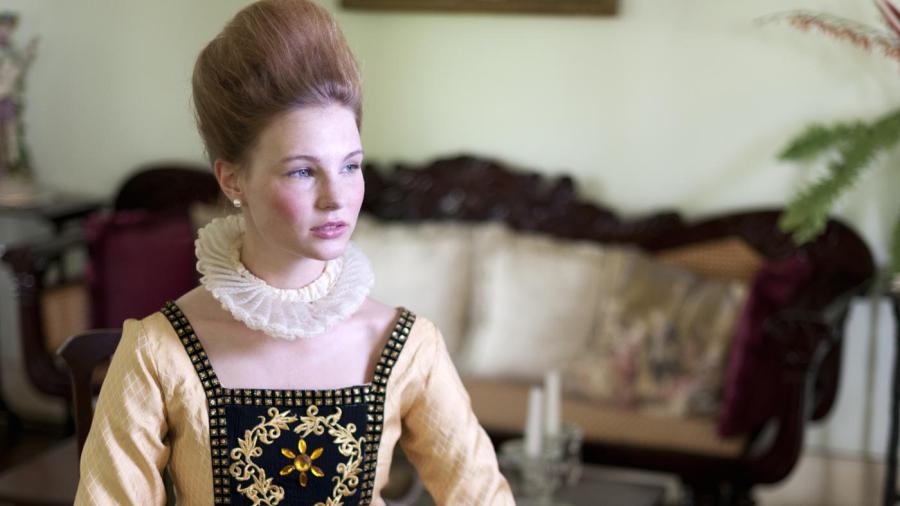What Were the Gender Roles in the Elizabethan Era?

The Elizabethan era refers to Queen Elizabeth I’s reign of England. Although Elizabeth had power, life was different for most women at the time. Gender roles during the Elizabethan era limited the roles of women.
After being imprisoned by her half-sister and surviving several plots designed to prevent her from ascending the throne of England, Elizabeth became queen in 1558. After enduring such challenges on the way to the throne, Elizabeth chose to avoid marriage because it meant giving up her role as England’s ruler. Instead, she focused her attention on her job, eventually earning recognition as one of the country’s best monarchs. Yet, most women who lived during her reign never had the same opportunities and were, instead, subject to their fathers and husbands.
The Role of Women in Elizabethan Society Women in Elizabethan society did not have the ability to make decisions about their lives. They did not vote, nor could they own property. As long as they remained single, their fathers took care of them. After they married, their husbands took over that role. The general belief at the time was that women were physically and emotionally weaker than men, due in part to the interpretation of the Bible. The book of First Peter refers to women as “the weaker vessel” and the church taught that original sin entered the world because Eve did not have the strength to stand up to the serpent in the Garden of Eden.
Although many women of nobility worked with private tutors in the privacy of their own homes, most women did not have a type of formal education. Instead, they stayed home and learned how to manage a household, performing duties like cooking, cleaning and attending to the children. They were permitted to write literature as long is it was suitable for women to read and could work as maids or cooks outside the home. Married women spent a considerable amount of time pregnant, but high infant and child mortality rates kept families small. Their success at home as a caretaker and mother brought honor and respect to their husbands.
The Role of Men in Elizabethan Society Men had greater freedom and power during the Elizabethan era. They held all the professional jobs in fields such as medicine, law and politics. Men also performed all the roles in plays. Not only were men able to inherit property from their fathers; they also often received property from their wives’ fathers when they agreed to marry. Although only men had the right to vote during this time period, this right extended only to men with certain social ranks.
A man had absolute authority over his family, and his wives and daughters had no choice but to obey him. He typically worked outside the home and had a social obligation to improve the standing of his family within society. Marriage was just as important to men as it was to women, as it made him the head of a household. This made him eligible for civic positions and additional opportunities within the community which gave him and his family greater prominence.





